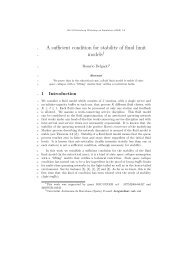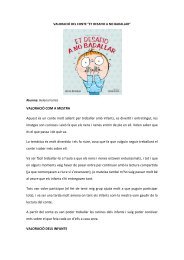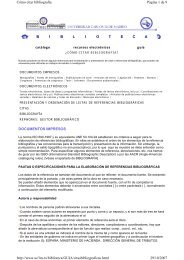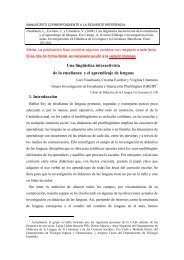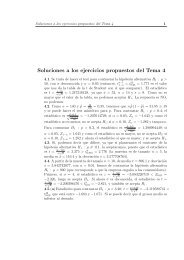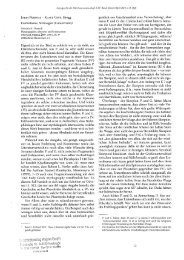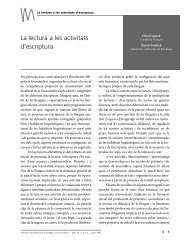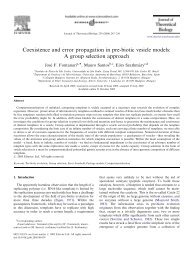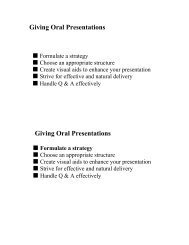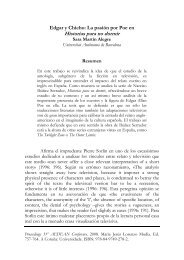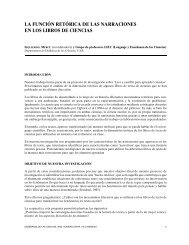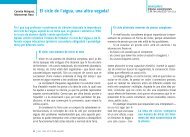please do not cite without permission from the authors
please do not cite without permission from the authors
please do not cite without permission from the authors
You also want an ePaper? Increase the reach of your titles
YUMPU automatically turns print PDFs into web optimized ePapers that Google loves.
multilateral negotiating frameworks and has allowed <strong>the</strong>m to diversify <strong>the</strong>irexternal relations.Theoretically this situation should be used by SSA governments to streng<strong>the</strong>n<strong>the</strong>ir arguments and better defend <strong>the</strong>ir interests; <strong>the</strong>y should demandalternatives to <strong>the</strong> EPAs proposed by <strong>the</strong> EU, more flexibility about timetables,and about <strong>the</strong> issues to be included in <strong>the</strong> negotiation, as well as specifictreatment for sectors vulnerable to European competition and more aid fundsto compensate for <strong>the</strong> costs of integration between unequal partners. Africanand European social movements, development NGOs and academics alsohave an important function to fulfil in this debate, by continuing <strong>the</strong>ir work ofclarifying <strong>the</strong> meaning of <strong>the</strong> disputes and <strong>the</strong> potential implications of <strong>the</strong>proposed agreements.The particular case of Sou<strong>the</strong>rn Africa has so far given few grounds foroptimism regarding <strong>the</strong> future effects of EPAs on regional development. Thenegotiating framework consists of, on one side, various SADC countries,disaggregated into different groups and with nei<strong>the</strong>r coordination nor a jointstrategy and, on <strong>the</strong> o<strong>the</strong>r side, <strong>the</strong> EU, which acts as a single subject, andnegotiates with a single voice.There is no <strong>do</strong>ubt that <strong>the</strong> region is composed of an amalgam of countries withmajor differences between <strong>the</strong>m and broad inequality within. Their road todevelopment depends on a wide matrix of variables, some of <strong>the</strong>m mentionedin this paper. The position of <strong>the</strong> weakest economies and <strong>the</strong> poorest peoplewithin <strong>the</strong>m will be determined partly by <strong>the</strong> nature of regulation andderegulation which governs trade, investment, intellectual property rights andflows of migrants and partly by compensation mechanisms, aid flows an<strong>do</strong><strong>the</strong>r means of increasing equitable outcomes.In this sense, if <strong>the</strong> European Commission really wishes to promote a newagenda of international cooperation according to <strong>the</strong> principles of <strong>the</strong> ParisDeclaration and <strong>the</strong> achievement of <strong>the</strong> Millennium Development Goals, itmust give more attention to <strong>the</strong> coherence of its own policies and insist less onits inflexible and self-interested proposal of open regionalism in <strong>the</strong> form ofEPAs. Its insistence on trade reciprocity and <strong>the</strong> inclusion on <strong>the</strong> agenda ofcontroversial questions which go beyond <strong>the</strong> WTO agreements only restrict24




